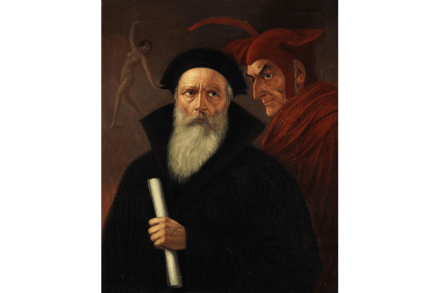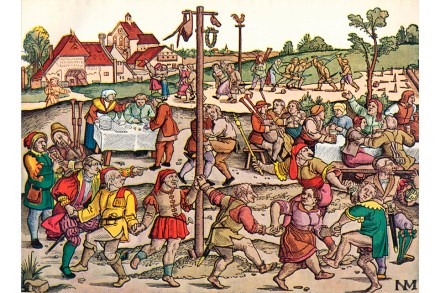The enduring mystery of Goethe’s Faust
A.N. Wilson has never been afraid of big subjects. His previous books have tackled the Victorians, Charles Dickens, Dante, Jesus and Hitler, to name just a few. So it’s hardly a surprise that he’s now decided to have a crack at Goethe’s Faust. How do all the intellectual fireworks fit together? What, in short, does it all mean? As literary whales go, they don’t get much bigger. In fact, apart from the Bible and the Divine Comedy, there aren’t many works which have had such a decisive impact on western literature. It has so deeply marked the popular imagination that most of us probably know the story, even if we




